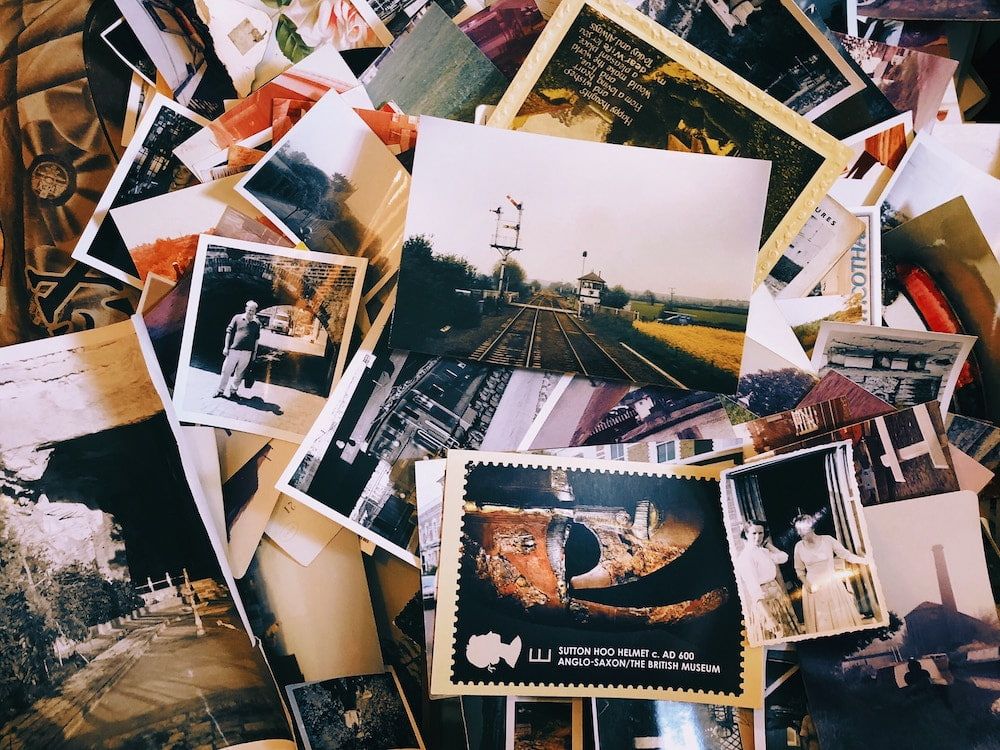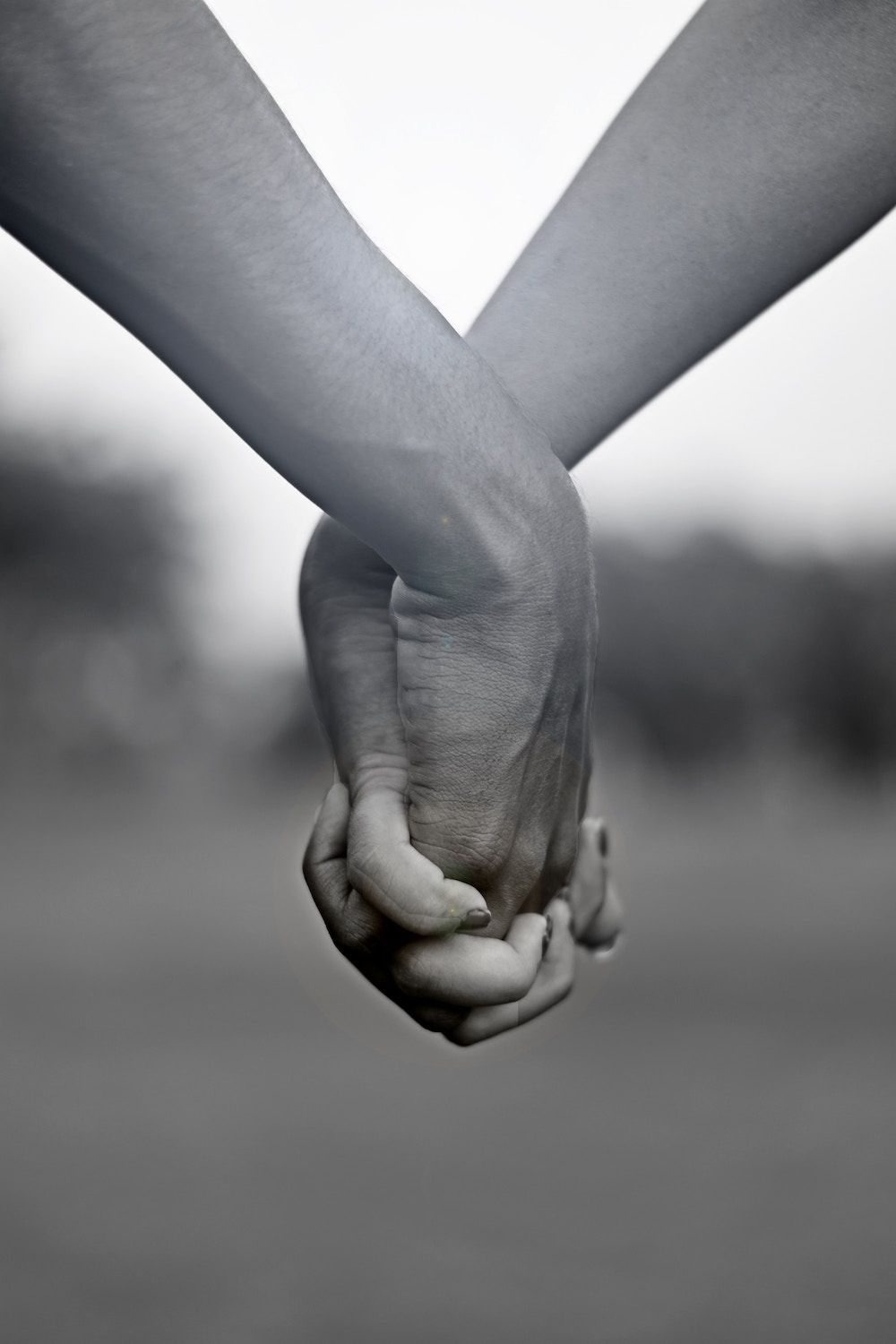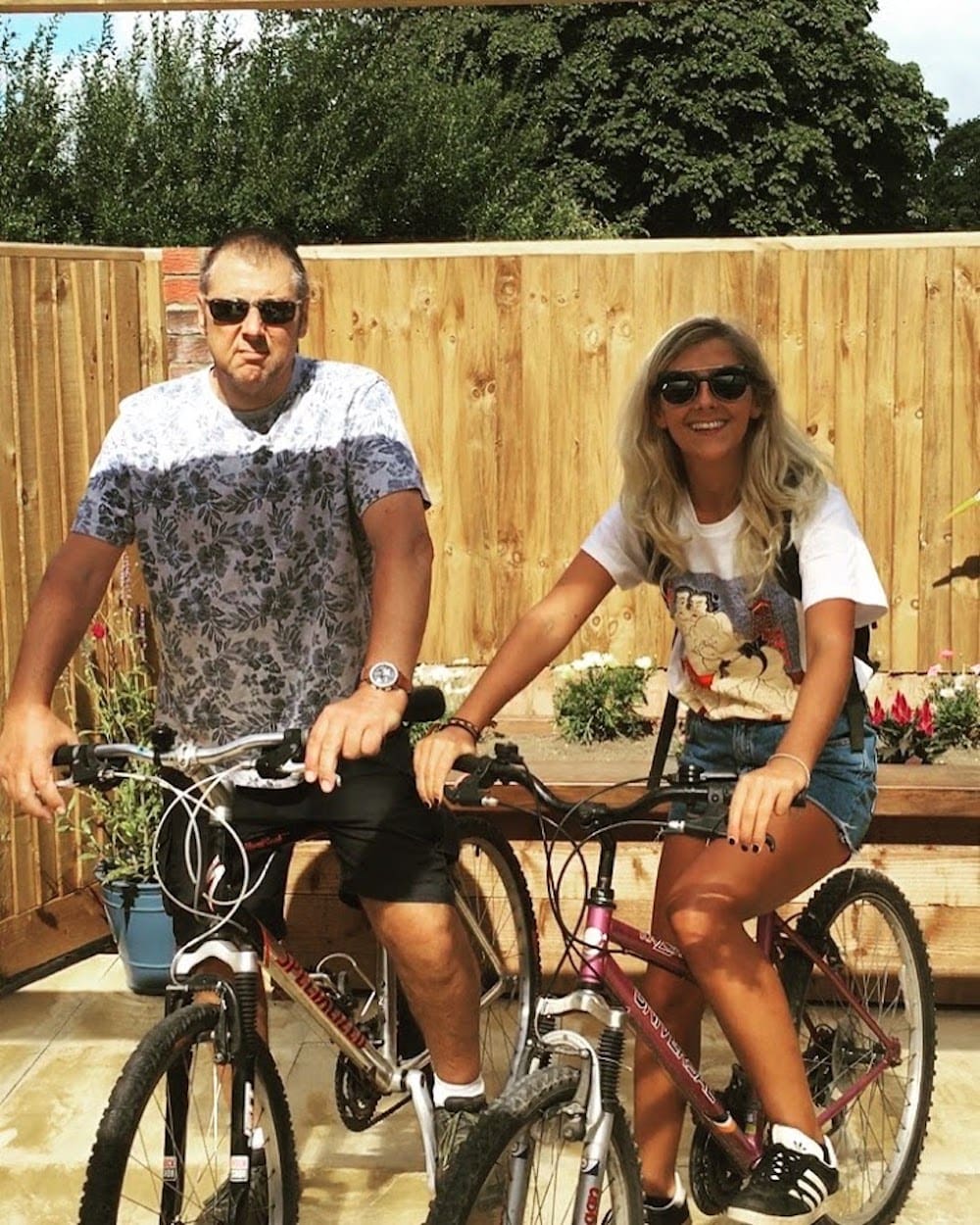It’s a day to celebrate the roles that fathers play in our lives, but if your dad is no longer with you Father’s Day can be a painful reminder of your loss. Here we look at the steps that you can take to make the day as easy as possible
Every bereavement is unique. For some, the extreme feelings of loss may start to retreat with the passing of time, while for others it may come and go in waves. Each person’s experience will be different but, for many, there will be certain dates that have particular emotional weight. Father’s Day is one such day.
On 30 September 2018, Rebecca Ellis’ dad passed away after bravely battling cancer for four and a half years. A “gentle giant” who loved his family and the simple pleasures in life, his memory lives on – but Rebecca admits that she is feeling nervous about Father’s Day.
“It’s another ‘first’ that we need to face as a family,” Rebecca tells us. “Because it has been so commercialised, you can’t avoid seeing Father’s Day related things. It’s a constant and painful reminder that my dad isn’t with us anymore.”
Rebecca is one of many people who will be feeling this way as Father’s Day approaches. So what can you expect from the day, and is there anything you can do to make it easier? Here, Rebecca shares her thoughts and feelings, and we speak to integrative counsellor Rav Sekhon to discover techniques for finding something positive in what can be a painful time.
Rebecca and her dad
Accept the ups and downs
It can be hard to predict how we will feel on any one day, and sometimes our reactions can take us by surprise.
“I have days where I walk past a card shop and would love to just push all the Father’s Day shelves over for rubbing it in,” Rebecca explains. “But then other days I could walk past and think: ‘Oh that’s lovely.’ It really depends on my frame of mind on the day.”
A reaction like this is completely normal, and to be expected. Some moments may seem easy, while others will be harder. Our mood and mindset can be easily flipped, sometimes taking us by surprise.
Whether you’re actively finding the day difficult or not, Rav believes that it’s important to recognise and accept the way you’re feeling.
“I'd certainly recommend connecting with your emotion,” he explains. “This is not always easy, and is likely to be painful, but this will support you with working through it, and in time it will become easier to manage.”
Hold on to happy memories
If it helps you to reflect on the happy times that you had with your dad, Father’s Day could be an opportunity to get together with people who share those memories, to tell stories and celebrate the legacy your dad left behind.
“Although it's likely to be a sad time of year for you, there may be some value in taking a different perspective, depending on where you're at with the process of bereavement,” says Rav. “This will support you with creating a further positive memory of your experience of your father, and may even support you in the long-term when this time of year arrives in the future.”
Rebecca’s memories of her dad all centre around his gentle, goofy nature. “He was very loud, made inappropriate jokes, and embarrassed me relentlessly growing up,” she shares. “When I reached my late teens, he became my greatest ally, we encouraged each other to be silly, and often both got told off by my mum.
“This year we will talk about happy memories of dad, I’m sure. I have no doubt that I will slink off at some point to have a little cry and think about my old man, but it is to be expected.”

Know it’s OK to take a step back
If the idea of seeing other people celebrating the day is upsetting for you, there’s no shame in taking a break from it all. Social media, in particular, can become saturated with people celebrating.
For Rebecca, this is something that she plans to avoid. “It’s not that I begrudge everyone else, it just makes me realise what I don’t have anymore, and makes the ‘dad-void’ feel bigger,” she explains.
Identifying our feelings and then planning our next steps accordingly is easier said than done. But, as Rav explains, doing so can be a healthy and constructive way to use the day.
“As human beings, we are quite good at not sharing our internal struggles,” says Rav. “The best thing you can do is allow yourself to experience the emotion you’re feeling. This can be by talking about it, expressing it via other means like art and writing, or seeking professional help.”
Lean on others
The impact of any death ripples to touch all those close to the person. Reaching out to other people in times of need is vital – you will likely find that others in your family may be going through a similar thing.
“I think that using the support around you at such times is key,” says Rav. “This could be in the form of friends, family, or other support networks that you belong to. The support of others, that know what you're going through, will help significantly when trying to manage your wellbeing.”
“Our family method of getting through upsetting occasions is to expect nothing from the day,” Rebecca explains. “We don’t make any plans. We’re all just together, and it usually ends up being a hilarious and chilled day, which is what dad would have loved.”

The core message here is to do what feels right for you. It doesn’t matter if that means celebrating the day in a new way, or avoiding it altogether. You may plan to approach Father’s Day one way, then wake up in the morning and feel completely differently – but that doesn’t matter. Whatever may be going on around you, remember that it’s OK to take things at your own pace.
With that said, Rebecca has one last message:
“To any other people who are in the same position as myself: you do whatever you want to do on Father’s Day, as long as it works for you. Don’t feel that you have to put on a brave face or do something elaborate. Just making it through the day is enough.
“Avoid social media if it’s going to make you upset – I know I will – and be very kind to yourself (lots of cups of tea, like my dad would have wanted). Get lots of fresh air, eat lots of delicious things, and just keep floating above the surface, that’s all you can expect of yourself. Just think how proud of you your dad would be. I know mine would be.”
To find a professional counsellor or therapist, visit Counselling Directory or use the search box below.



Comments